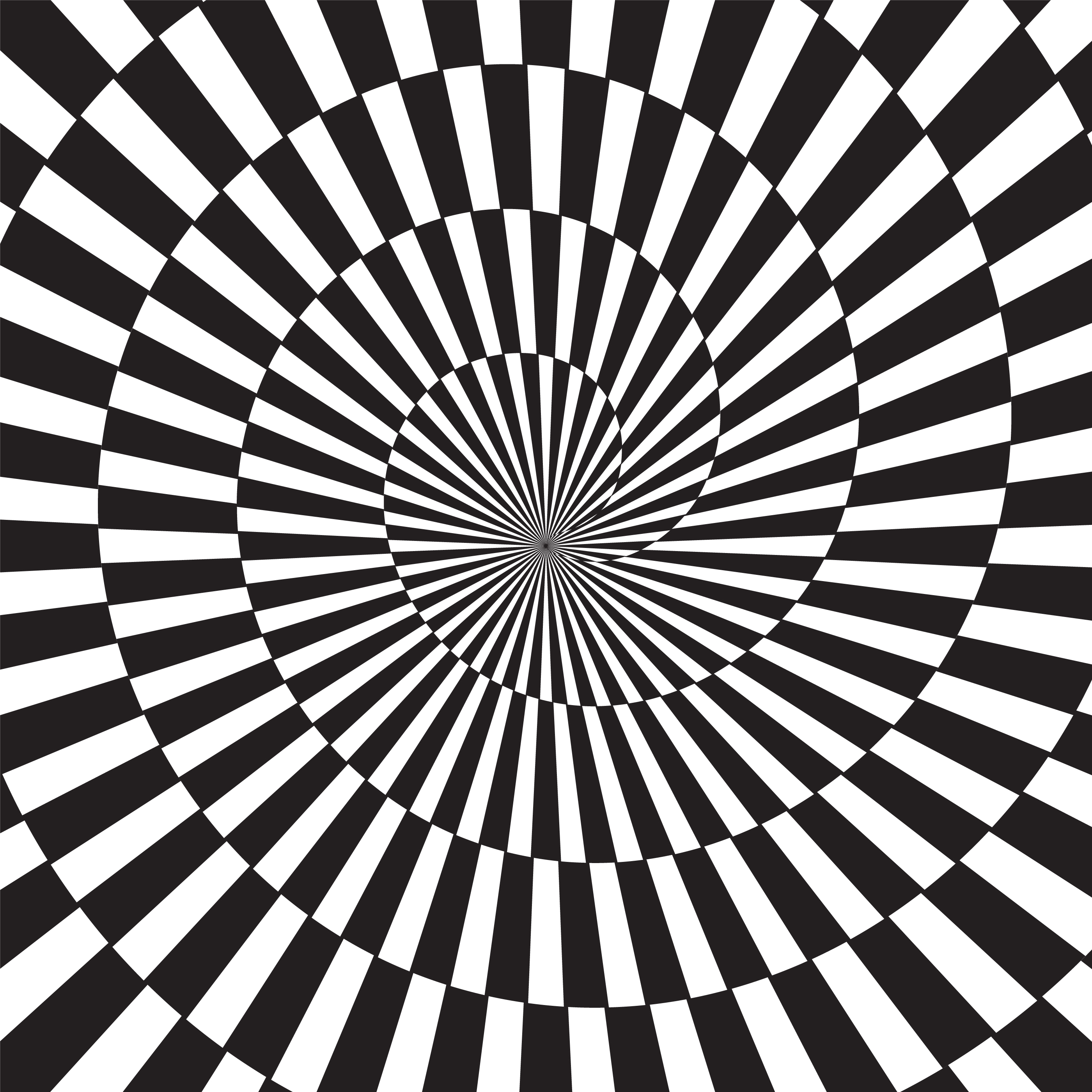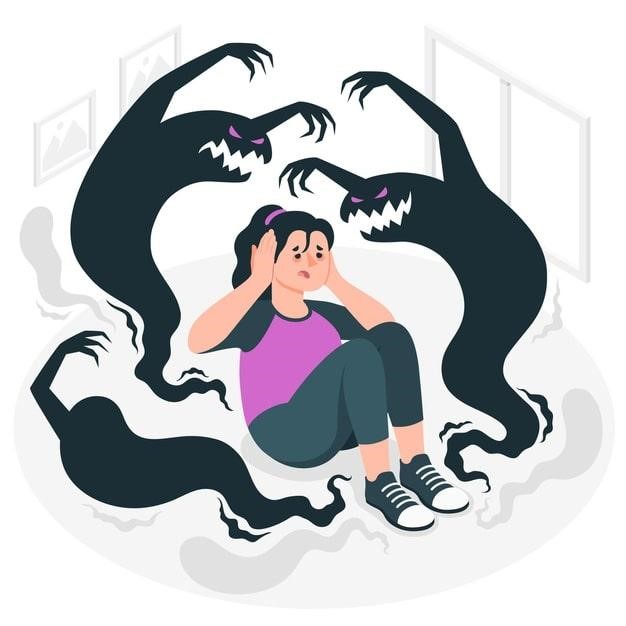
Cognitive symptomsĬognitive symptoms affect memory and thinking. Some of these symptoms can be confused with symptoms of depression.

Positive symptoms of schizophrenia are behaviors not typically seen in people without the condition. Past the early stage, symptoms of schizophrenia usually fall into three main categories: difficulty completing tasks like school work.During the early stage, there may only be small behavioral changes that gradually get more concerning or noticeable. Some people may also experience delusions of grandeur, which is when someone believes they’re famous or have special abilities, or a special connection with someone or something important. Others believe that someone is controlling their thoughts or listening in on what they’re thinking. People can experience a range of delusions.įor example, some people experience paranoia, believing that someone is following them or trying to hurt them.


Delusionsĭelusions occur when a person strongly believes something that isn’t based on reality even when shown evidence. Other people may smell things that others aren’t able to, or feel things on them. Some people may see things or hear voices that others don’t. Hallucinations are when a person has a physical sensation, sees, or hears something that’s not actually occurring. These are both altered perceptions of reality, but they feel very real to the person experiencing them. People with schizophrenia sometimes experience hallucinations or delusions.


 0 kommentar(er)
0 kommentar(er)
